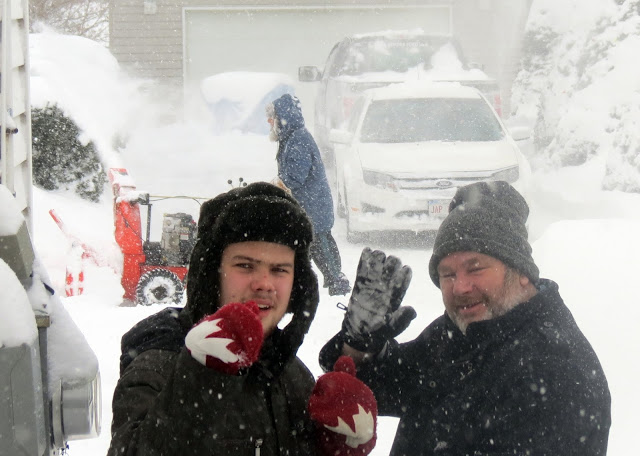"My son’s story is one of hope, not unlike the stories regularly broadcast on television, printed in magazines or making the rounds on YouTube.
Yet the autism spectrum is wide and diverse, and many who suffer from severe autism will never reach the level of functioning that my child has achieved. Although these people are also part of the story, we rarely hear their stories."
Amy Mackin, Autism in the Shadows, Washington Post, July 19, 2013
Amy Mackin is a writer and a blogger who writes at www.amymackin.com. She is also the mother of an autistic child who she describes as high functioning in the Autism in the Shadows opinion piece she wrote for the Washington Post. Although here son is high functioning Ms. Mackin's article is an eloquent, direct and powerful statement about the invisible autistics, those who live at the severe end of the autism spectrum. As the father of a 17 year old son who lives at the severe end of the autism spectrum I thank Amy MacKin for her concern for those with severe autism, those who are ignored and neglected (with some exceptions) by both the mainstream media AND by autism research professionals. Amy Mackin has spoken the truth about severe autism honestly and directly:
"We must see the pain of a parent who watches her child smash his head against a concrete wall, who throws himself on the floor of a store because he simply cannot stand the fluorescent lights another second; the person who starts violently screaming because the crowd getting off the subway terrifies him. We must feel the anguish of compassionate caregivers when everyone around is staring at their loved one with horror and judgment. We must comprehend the grief of parents who are forced to acknowledge that their children may never be able to care for themselves, and we should consider all the future decisions and worry that realization encompasses.
Many personal stories about autism make us smile and renew our faith in humanity. But some stories will make us cry. They should, because autism can also be terrifying and hopeless. This side of the spectrum still lurks mostly in the shadows. But to fully understand why we search so exhaustively for answers and doggedly seek a cure, these stories must be seen and heard, too."
Thank you Amy Mackin.







































